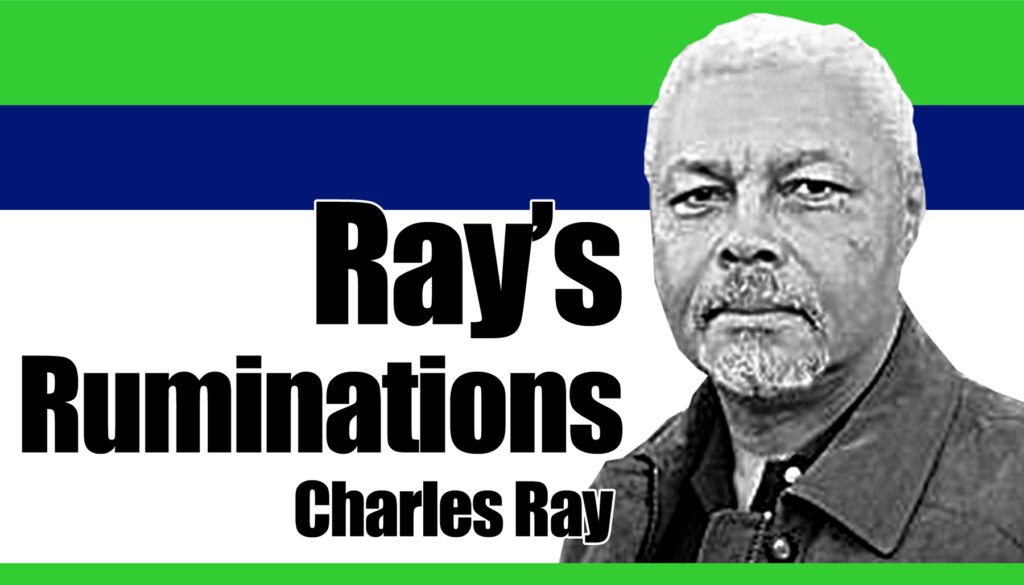
The persistence of climate change denial, even in technologically advanced countries, is a perplexing social phenomenon that reveals as much about human psychology and the dynamics of modern society as it does about science itself, despite the robust consensus among climate scientists and the mounting evidence, from melting glaciers and rising sea levels to increasingly erratic weather patterns, that global warming is real and that human activity is a significant driver, skepticism and denial persist, especially in places like the United States.
To understand this paradox, we must first acknowledge that information alone is rarely enough to change minds. People are not purely rational beings. Their beliefs are deeply influenced by identity, social context, and emotion. In many advanced societies, opinions on climate change have become closely tied to political ideology.
In the U.S., for example, climate change discourse has polarized along party lines, with acceptance or denial of scientific consensus often serving as a marker of group identity. For some, accepting the reality of climate change is to adopt a worldview that threatens their personal values, economic interests, or political allegiances.
Economic interests are a significant force. Fossil fuel industries wield tremendous power and resources, and for decades, they have sponsored misinformation campaigns designed to sow doubt about climate science. These campaigns, reminiscent of the tobacco industry’s tactics in the twentieth century, have been remarkably effective in shaping public perception and policy.
Think tanks, paid ads, and pseudo-experts have all contributed to a landscape where genuine scientific debate is often drowned out by manufactured controversy.
The media environment compounds the issue. Modern news consumers are bombarded with information, much of it tailored to align with their existing beliefs. Algorithms on social media platforms and personalized news feeds create echo chambers, reinforcing preconceptions and making it harder for factual, consensus-driven information to break through.
Furthermore, news outlets sometimes give equal weight to fringe voices in the interest of ‘balance and fairness,’ which can exaggerate the extent of legitimate scientific disagreement.
Psychological factors also play a role. The scale and abstractness of climate change make it difficult for many to perceive it as an immediate threat. The consequences are often described in terms of future decades or distant ecosystems, making it easy for individuals to disengage or rationalize inaction.
Cognitive biases, such as the tendency to ignore or discount risks that seem distant or to avoid acknowledging problems that seem overwhelming and unsolvable, further impede acceptance.
Finally, there is the matter of trust. Many people distrust the institutions delivering the message – scientists, government agencies, and the media – particularly if these institutions are perceived as elitist or disconnected from everyday concerns. In societies where social cohesion is fraying and trust in expertise is low, even the most persuasive evidence can meet with skepticism or outright hostility.
In summary, the persistence of climate change denial, even in societies capable of sending probes to Mars and sequencing the human genome, reflects a complex interplay of cultural, economic, political, and psychological factors. Bridging this gap will require not just better science communication but also actions to rebuild trust, address vested interests, and find common ground that transcends tribal lines. | NWI




